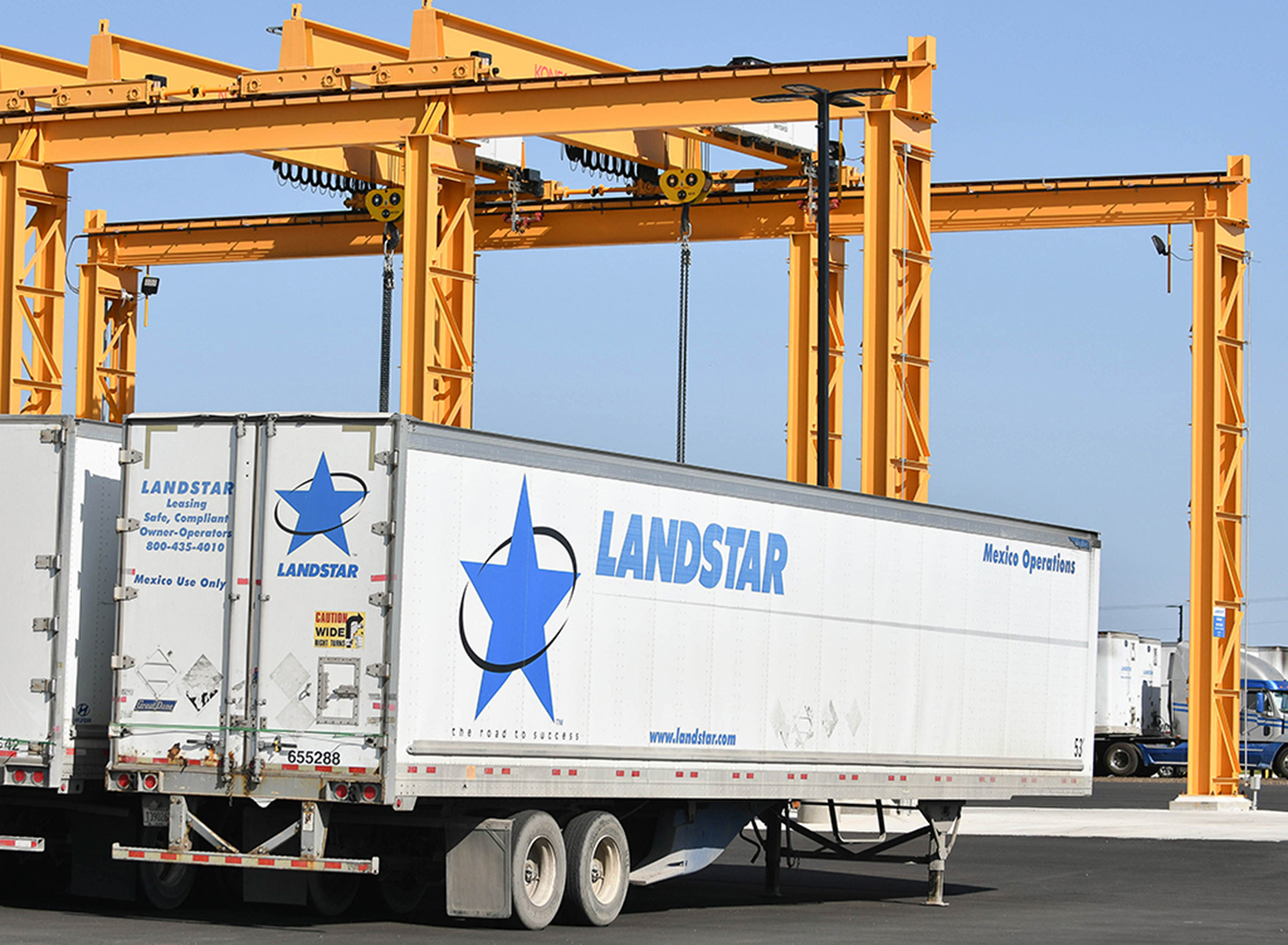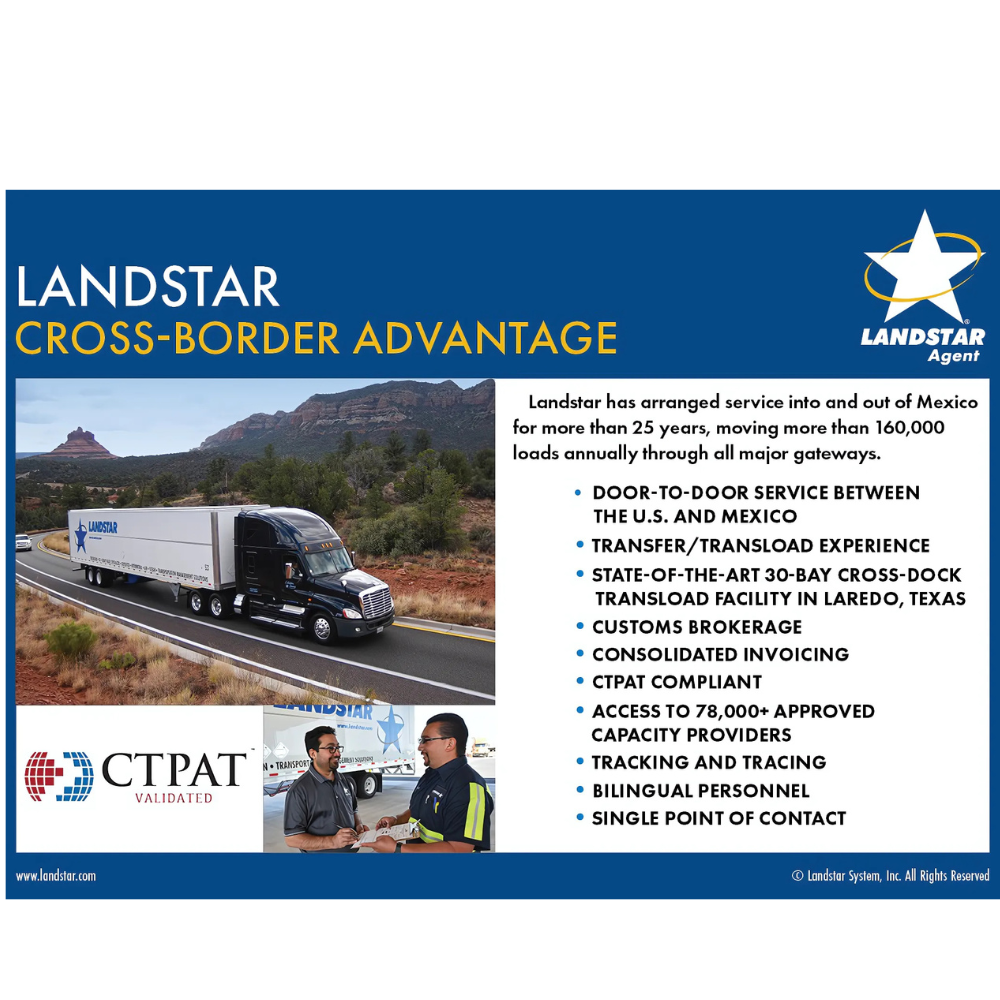
The US-Mexico trade relationship is a cornerstone of North American commerce, but successfully navigating it often feels like traversing a complex maze. In mid-2025, understanding and strictly complying with USMCA (United States-Mexico-Canada Agreement) regulations, alongside intricate Mexican customs clearance processes, remains paramount. At Roy-Trans Global Logistics Inc., we guide businesses through this cross-border trade labyrinth, ensuring vigilance, agility, and strategic preparation for seamless US-Mexico logistics.
The dynamic US-Mexico trade environment demands continuous attention from businesses reliant on its efficiency. From evolving regulations to complex operational procedures, a solid grasp of the landscape is vital for building a resilient cross-border supply chain that can withstand unforeseen challenges and capitalize on opportunities.
The USMCA stands as the foundational agreement governing trade between the United States, Mexico, and Canada. Ensuring USMCA compliance is not just a legal requirement but a strategic imperative to avoid penalties, delays, and lost competitive advantage in cross-border logistics.
For many industries, particularly the automotive sector, USMCA Rules of Origin (RoO) are a critical component of compliance. These rules dictate what percentage of a product's content must originate within North America to qualify for preferential tariff treatment. Mastering RoO complexities is essential for cost efficiency and avoiding unexpected duties in US-Mexico trade.
| Category | Requirement | Details |
|---|---|---|
| Regional Value Content (RVC) | 75% | A vehicle's value must be sourced from North America, a significant increase from NAFTA. |
| Labor Value Content (LVC) | 40-45% | Auto content must be made by workers earning at least $16 USD per hour. |
| Steel & Aluminum | 70% | A producer's steel and aluminum purchases must originate in North America. |
Businesses engaged in cross-border trade must prepare for the USMCA's joint review in 2026. This review could potentially lead to modifications in the agreement, impacting trade flows and compliance requirements. Proactive monitoring and adaptability will be key to navigating any changes that emerge from this significant evaluation of the North American trade agreement.
Efficient Mexican customs clearance is a non-negotiable step for goods entering Mexico. The process involves specific requirements that, if not met precisely, can lead to significant delays and complications at the border. Understanding these essential requirements is crucial for smooth cross-border operations.
A primary requirement for importing into Mexico is providing the Importer Tax ID (RFC) of the Mexican consignee. Furthermore, engaging a licensed Mexican customs broker is not just advisable, but mandatory for formal entries. These brokers are experts in Mexican customs regulations and play a vital role in ensuring all documentation is accurate and compliant, from import permits to valuations.
In today's dynamic global environment, building a resilient cross-border supply chain is more important than ever. This means developing strategies that can withstand disruptions, adapt to changes, and maintain efficiency even in challenging circumstances. Strategic partnerships and leveraging specialized programs are key.
Participation in trusted trader programs like C-TPAT (Customs Trade Partnership Against Terrorism) can significantly enhance supply chain security and efficiency. C-TPAT certification can lead to expedited customs processing, fewer inspections, and a more predictable flow of goods across the US-Mexico border, contributing to a more resilient cross-border supply chain.
Navigating the complexities of USMCA compliance, Mexican customs, and cross-border logistics demands specialized knowledge. Partnering with customs brokers, trade consultants, and experienced logistics providers like Roy-Trans Global Logistics Inc. offers invaluable expertise. These expert partnerships provide the insights and support needed to ensure vigilance, agility, and strategic preparation in the dynamic US-Mexico trade environment.
Successfully traversing the cross-border trade labyrinth between the US and Mexico requires more than just knowing the rules; it demands strategic preparation, agility, and expert guidance. Entrust your US-Mexico cross-border shipping needs to a partner who understands the intricacies and can ensure a seamless flow of goods, every time.
Optimize Your US-Mexico Cross-Border Trade - Contact Us Today

The views and opinions expressed by Roy-Trans Global Logistics Inc., an independent agent, do not necessarily represent the views of Landstar and its affiliated companies.